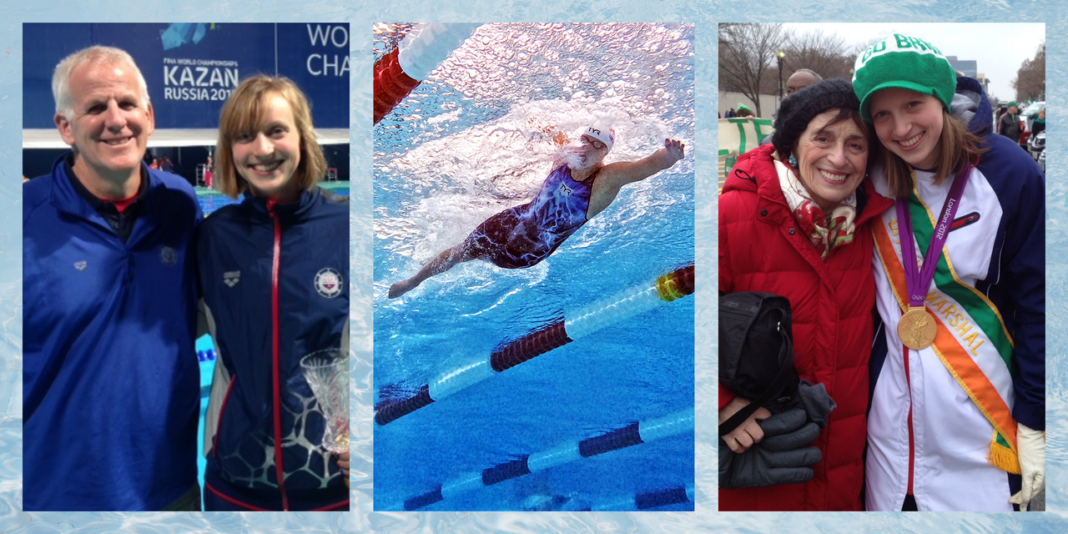There are still some things that need balancing in the coverage of women’s sports and how female athletes are perceived—the fact that it’s not always just about the accomplishments, but that you have to do something or be something more than just great to get attention or praise or notoriety.It’s not that I’m after that, but I think a lot of women in sports deserve attention for the great things they are doing on the court, on the field, in the pool, wherever it is—yet [unlike for male athletes] sometimes it takes a little more to capture people’s attention.Right now—I don’t want to say that women’s sports is having a moment because that makes it sound like it’s a brief blip—it feels like there’s a movement. As one of the highest-profile female athletes of the past decade, have you seen progress in the way women swimmers or athletes generally are perceived, respected, and supported?I think the biggest thing I saw was the addition of the 1500-meter free in the Olympics in Tokyo. We have that now for the future. That was a big, big change and a long time coming, and it was special to be a part of.As a whole, women’s sports, as you said, it’s not just a moment. It’s something that started many years ago, and we’re all trying to continue the momentum. People are enjoying watching women’s sports, and I hope that this summer they’ll enjoy watching Team USA women crush it at the Olympics.Yes, and you won the first-ever gold in that 1500 freestyle—not that your name wasn’t already in the history books, but that will always be yours! Speaking of this summer, you write in the book that you typically don’t reveal your goals or “want times.” But even broadly speaking, what would make the Paris Games a success for you?Well, first off, I have to qualify. Our trials are in mid-June. Of course, I would love to qualify in multiple events for Paris and bring home some medals. That’s always the goal if you’re on Team USA.I have specific time-oriented goals in mind that I’m not going to share. But I know those goals will push me to compete with the very best in the world and put me in a position to be up there. I’m happy with how my training has progressed over the last couple of years and I’m excited to see how the summer unfolds and what we can do as a team.And what comes after that? You share a bit in the book about how long you intend to continue competing. How are you thinking about that, and even what might come after that, right now?I’m pretty focused on the present right now, but I know that I’m not done competing after the summer. I would love to compete in Los Angeles in 2028. I know that that is several years away at this point, so I’ll take it year by year. But right now, I think 2028 is in the cards and something that I would love to participate in, whether it’s in one event or multiple events. I think more training is in my future and more competing—just a lot more swimming.Thinking back again to London—if you could go back and talk to 15-year-old Katie about all that what’s to come, what would you say to her?Well, you know, I’m pretty happy with how things have turned out. I was able to reset some goals after London pretty quickly. I didn’t want to be a one-hit wonder; I wanted to continue representing Team USA.So there’s nothing really to warn her about. I think I would just go back to London and remind 15-year-old Katie she belongs, she’s capable of more, and to keep that smile on her face. I loved swimming back then and I love it even more today—it seems like every year I love it a little bit more.SELF is your one-click source for all things Summer Olympics. Read our latest coverage of the Paris Games here.Related:
